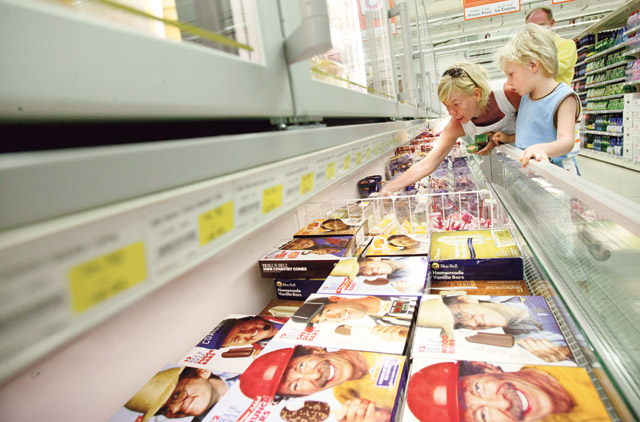Dubai: The cost of living in Dubai and the rest of the emirates went up this year, with the overall inflation rising by 2.3 per cent in January compared to a year earlier.
The latest report released on Sunday also noted a .70 per cent rise in the consumer price index (CPI) for January when compared to the previous month.
Among the items monitored, the cost of medical care, education and transportation, aside from miscellaneous goods and services, posted the biggest increase.
Healthcare costs went up by 5.7 per cent, while education and transportation costs posted a rise of 5 per cent and 4.4 per cent, respectively.
The price of beverages and tobacco, furniture/household goods and accommodation registered upward adjustments of 2.8 per cent, 2.3 per cent and 2.2 per cent, respectively.
Analysts had earlier told Gulf News that residents in the UAE have seen their healthcare tab rise every year. The total healthcare bills in the Middle East and Africa region rose by 8.8 per cent in 2012, 9.8 per cent in 2013 and 10 per cent in 2014. By 2015, the UAE's medical expenditure was estimated to have reached $14 billion.
In January, motorists in the UAE saw a 6.1 per cent to 7.1 per cent rise in petrol and diesel prices.
As for education expenses, households in Dubai can expect to see further increases, as the country’s regulator has just announced that private schools can increase fees ranging from 2.4 per cent to 4.8 per cent for the school year 2017-18.
Among the emirates, Dubai posted the biggest jump in consumer prices at 3.7 per cent, followed by Fujairah at 2.9 per cent, Ajman at 2.3 per cent and Abu Dhabi at 1.8 per cent.
Ras Al Khaiman, Umman Al Quwain and Sharjah experienced the lowest price adjustments at 1.5 per cent, 1.3 per cent and 1.7 per cent, respectively.
Percentage change in consumer price index:
Source: Federal Competitiveness and Statistics Authority













